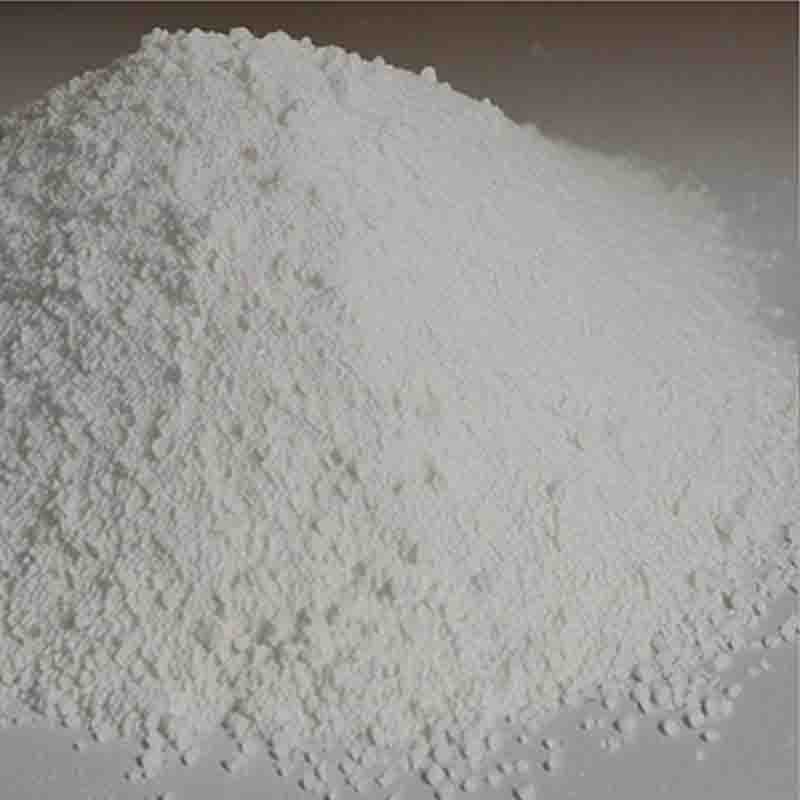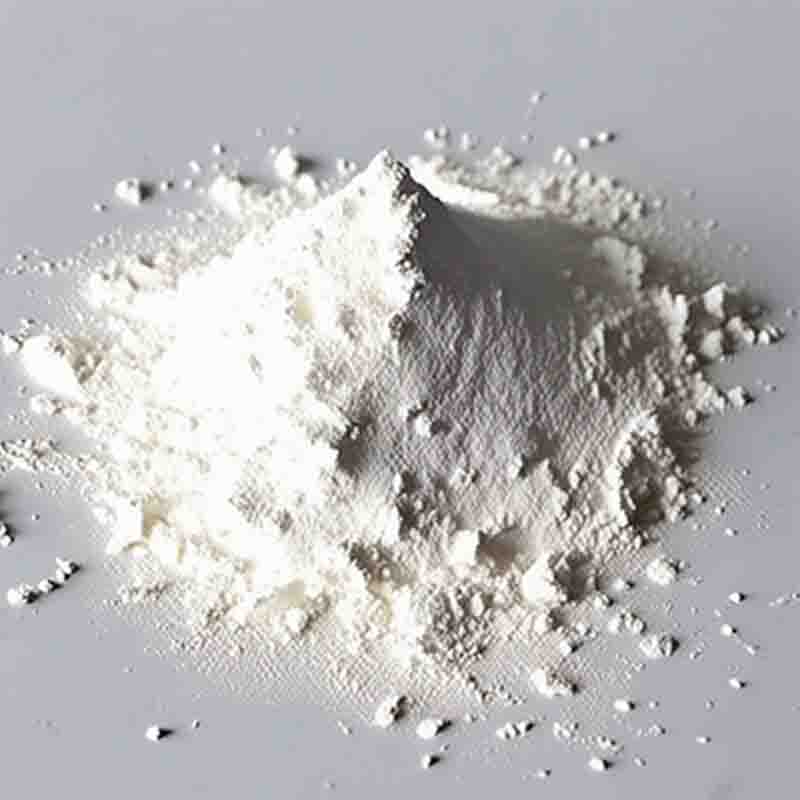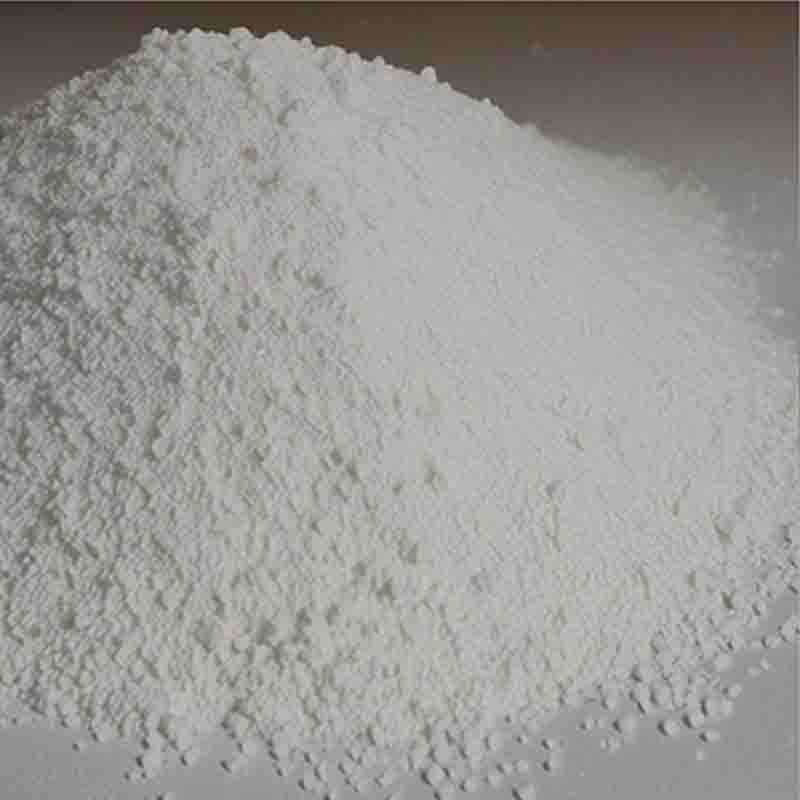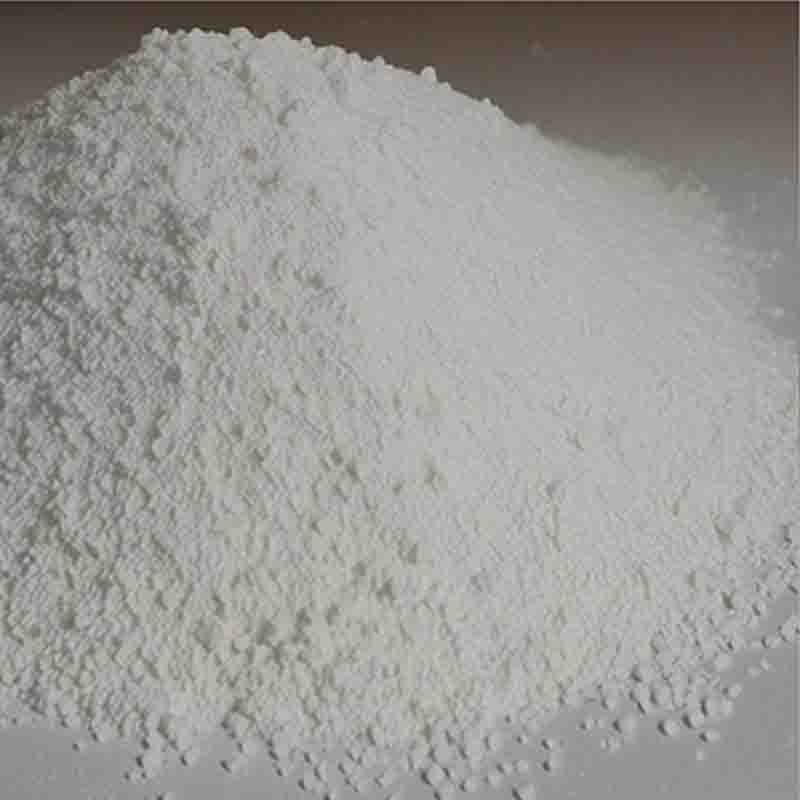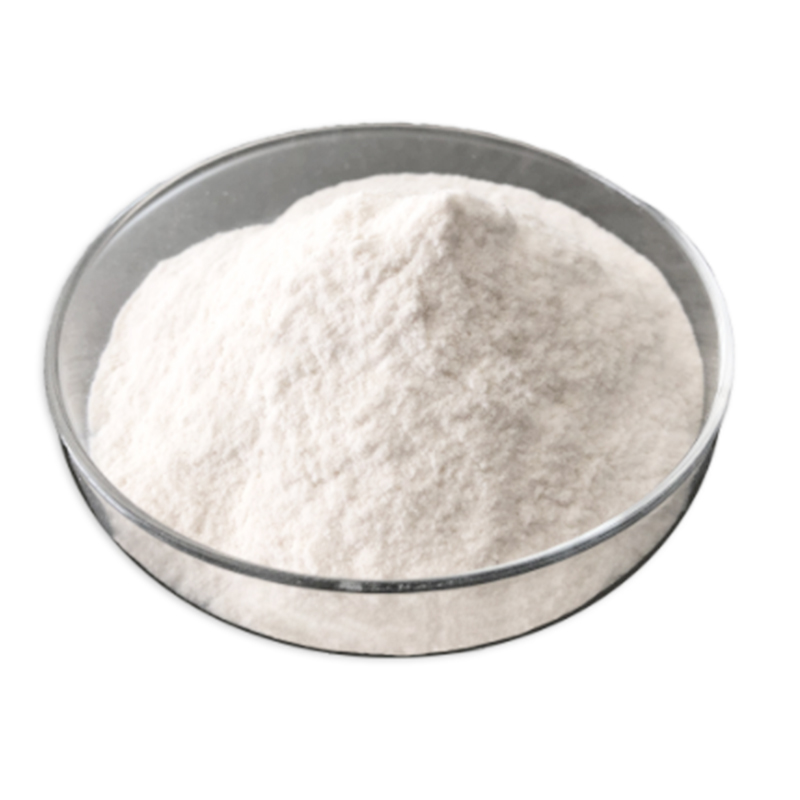Picolinicacid CAS: 98-98-6
| Catalog Number | XD95082 |
| Product Name | Picolinicacid |
| CAS | 98-98-6 |
| Molecular Formula | C6H5NO2 |
| Molecular Weight | 123.11 |
| Storage Details | Ambient |
Product Specification
| Appearance | White powder |
| Assay | 99% min |
Picolinic acid is a chemical compound with various applications in different fields, including pharmaceuticals, agrochemicals, materials science, and analytical chemistry.
In the pharmaceutical industry, picolinic acid can be used as a chelating agent or a ligand in the synthesis of metal complexes. Its ability to form stable complexes with metal ions makes it suitable for applications in metal-based drugs or as a component in drug delivery systems. Picolinic acid may be utilized to enhance the solubility, stability, or bioavailability of drugs, or to target specific metal-dependent enzymes or receptors.
Additionally, picolinic acid can find applications in agrochemicals. Its chelating properties and ability to form complexes with metal ions make it suitable for the development of micronutrient fertilizers or as a component in pesticide formulations. Picolinic acid may contribute to the improvement of plant growth, nutrient uptake, or pest control in agriculture.
Moreover, picolinic acid may have applications in materials science. Its unique chemical structure and properties make it suitable for the development of materials with specific characteristics. It can be used as a building block or a component in the synthesis of polymers, coatings, or composites with enhanced mechanical, thermal, or chemical properties. Picolinic acid may contribute to the development of materials with improved performance or tailored properties, such as biodegradable polymers or advanced electronic materials.
Furthermore, picolinic acid may have potential applications in the field of analytical chemistry. Its ability to form complexes with metal ions makes it suitable for the development of analytical methods or techniques. It can be used as a chelating agent or a probe for the detection or quantification of specific metal ions or trace elements. Picolinic acid may be utilized in the development of analytical tools for applications in environmental monitoring, food safety, or forensic science.
In conclusion, picolinic acid has potential applications in pharmaceuticals, agrochemicals, materials science, and analytical chemistry. Its unique chemical structure and properties provide opportunities for the development of novel drugs, agrochemicals, materials, and analytical methods. Further research and exploration are necessary to uncover its full potential and specific applications in these fields.


